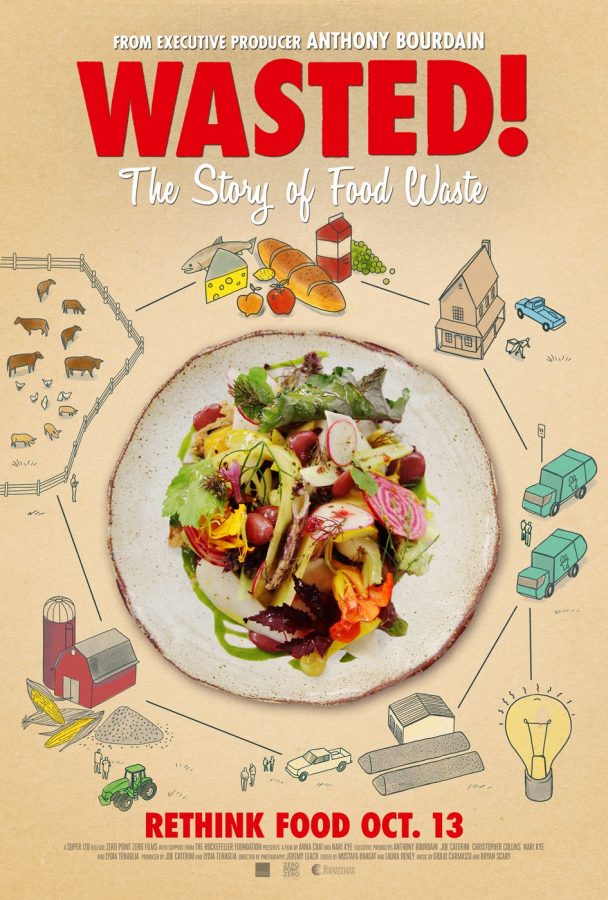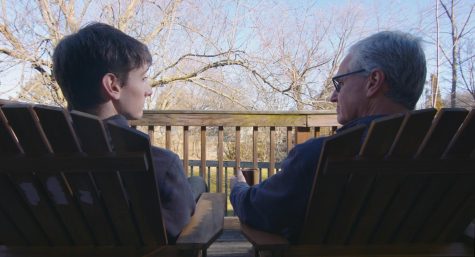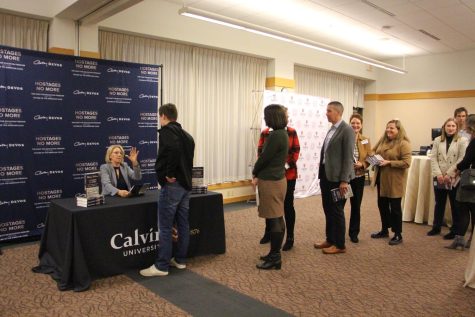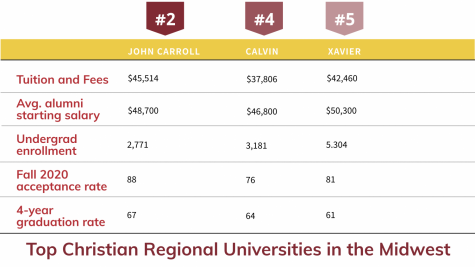Food Recovery Network screens ‘Wasted! The Story of Food Waste’
Beer crafted from crusts of bread — a scrap that tends to get thrown out—is just one example of how to recover what is often wasted (and perhaps also how to get wasted with care), as environmentally-conscious film-goers discovered last Thursday night.
Calvin’s Food Recovery Network (FRN) showed the documentary “Wasted! The Story of Food Waste” in the Bytwerk Theatre on Thursday, Feb. 15, as part of Wellness Week programming. About 30 people attended.
“Wasted! The Story of Food Waste” explores the issue of food waste in America and beyond, discussing food waste statistics such as how 90 percent of America’s food waste ends up in landfills. According to the film, even an organic biodegradable item, like a head of cabbage, takes 25 years to decompose fully when it’s in a landfill.
In addition, the movie explored how people all over the world are finding ways to creatively minimize food waste, like serving up parts and types of fish that are typically discarded and giving them fancy-sounding names to entice consumers. Toast Ale, which is bread made from beer, is another creative solution.
“I really appreciated how the movie showed a global perspective,” said junior Isabelle Selles, a member of FRN’s leadership team.
Megumu Jansen, also a junior on FRN’s leadership team, agreed with this sentiment, particularly with regard to scenes from Japan, where animals are fed various food scraps, resulting in different flavors in the meat. Having grown up in Japan, Jansen said that “people wonder why the yolks of eggs in Japan are more orange, and it’s because of what the animals eat.”
After the film, attendees were invited to enjoy various organic refreshments, including mini banana spelt muffins and hummus masabacha with vegetables.
Those interested in the work of Calvin’s Food Recovery Network, which recovers leftover food from the dining halls every day and brings it to shelters around Grand Rapids, are invited to contact them via Facebook, Instagram (@calvinfrn) or email ([email protected]) to get involved.












